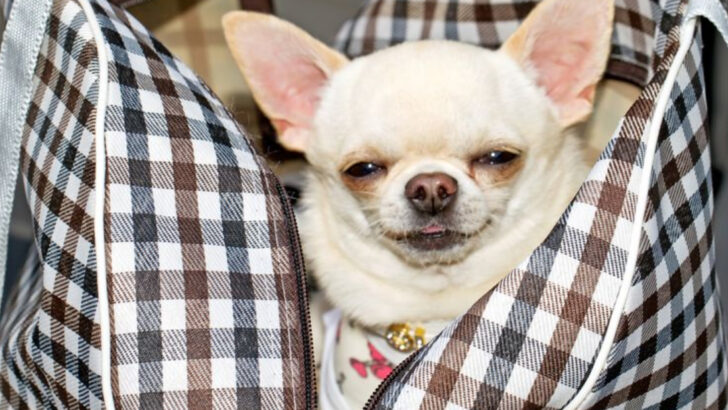Set a pampered pet loose in the wild—and watch chaos unfold. Most of our favorite animals wouldn’t make it a day without snack time, belly rubs, or someone picking their burrs out. They’ve traded instincts for comfort, wild senses for cozy routines. And the wilderness doesn’t play nice. But a few might surprise you. There are domestic creatures out there with enough grit, speed, or sheer stubbornness to hold their own when the leash comes off. From hopeless house pets to farm animals with a secret wild streak, we’re breaking down who’s doomed and who just might dominate. Some will crash. A rare few could conquer.
Persian Cat
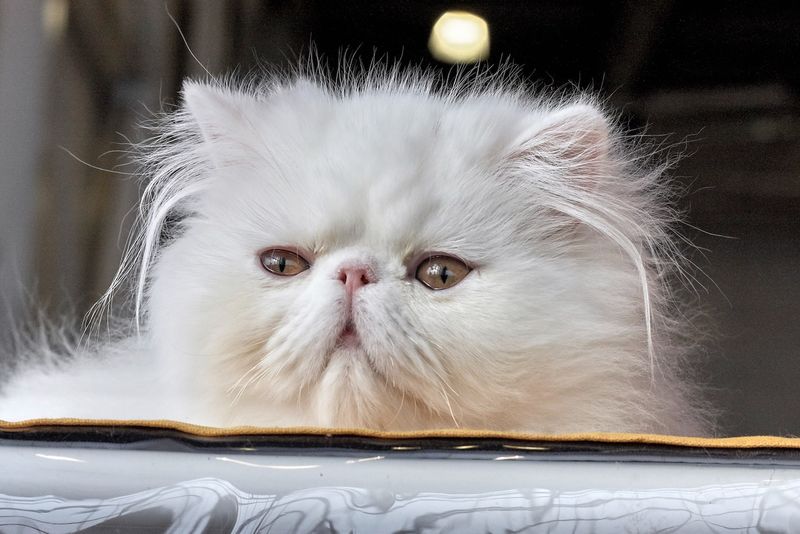
With a coat as plush as a cloud, the Persian cat is a true lap luxury. Its majestic fur, however, demands regular grooming. In the wild, such high-maintenance needs could spell disaster. Despite its regal appearance, the Persian prefers the safety of home to the unpredictability of nature. This gentle feline is more about comfort than survival tactics. Imagine them trying to hunt or escape predators with all that fur. Yet, their serene nature makes them perfect companions for tranquility.
French Bulldog

Known for their charming bat ears, French Bulldogs steal hearts with their playful antics. However, their compact snouts make breathing a challenge, especially in the wild. Without human care, they’d struggle to find their next meal or escape the elements. Their small size and friendly disposition make them more suited to city apartments than untamed landscapes. This breed’s reliance on humans for care highlights its domesticated nature. Its joyful spirit thrives in comfort, not survival.
Chihuahua
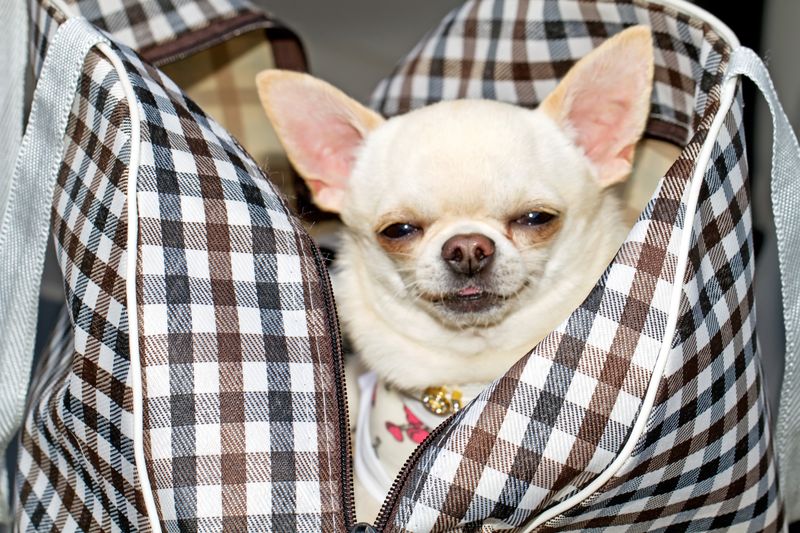
Tiny yet spirited, Chihuahuas believe they’re giants at heart. In the bustling streets, they’re elegant accessories, but in the wild, size matters more than attitude. Their petite frame makes them vulnerable to predators and environmental challenges. These little dogs shine in warmth and affection, relying on human companionship for safety. Their big personalities fit perfectly in small spaces, not the vast outdoors. Although bold, their survival instincts are better suited to cuddles than challenges.
Domestic Rabbit
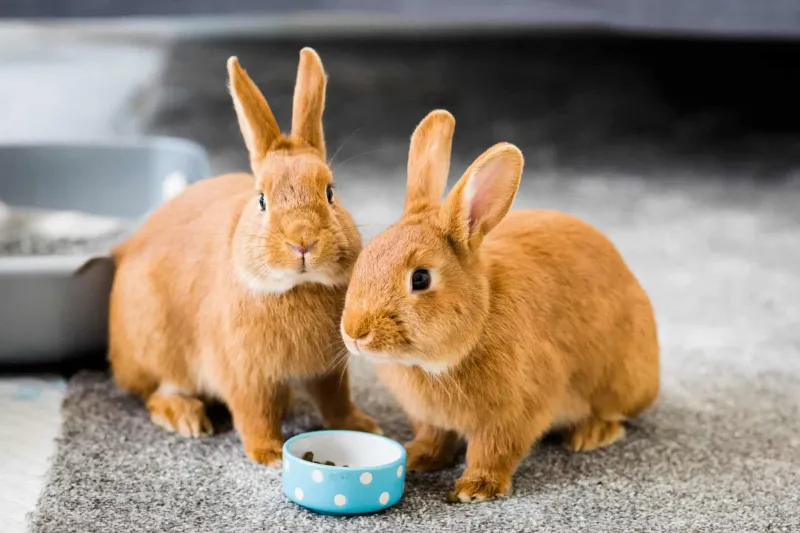
With ears twitching at every sound, domestic rabbits enjoy leisurely lives under human care. Their fluffy coats and gentle nature make them adored pets, but in the wild, they’re far from fierce. Without human protection, these rabbits face predators and foraging challenges. While they excel at companionship, wild instincts are dulled by generations of domestication. Their timid demeanor and delicate constitution thrive in protected environments, not harsh terrains.
Pug

With wrinkles full of wisdom, Pugs possess a charm that’s hard to resist. Their compact breathing apparatus, however, isn’t ideal for exertion. In the wild, they’d struggle to keep up with nature’s demands. These clowns of the canine world thrive in human company, seeking affection over adventure. Their cozy existence amidst the comforts of home contrasts with the ruggedness required for survival. The Pug’s love for leisure is evident in its every snore and cuddle, not in the wilderness.
Maine Coon
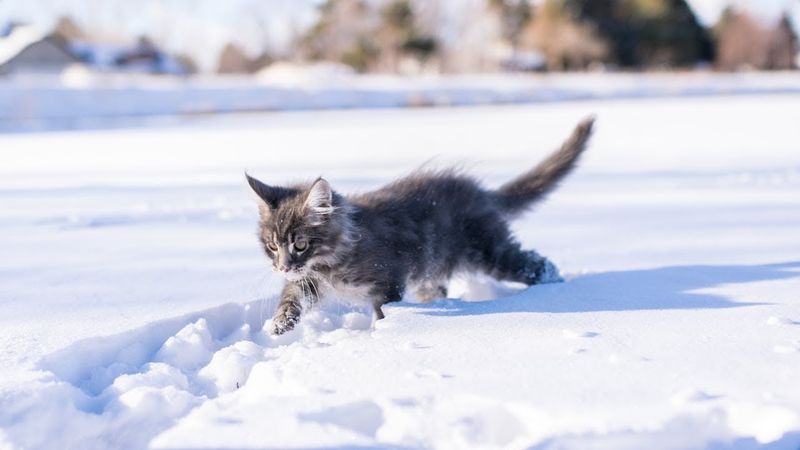
With a tail like a plume and paws built for the cold, the Maine Coon could be a contender for wild survival. Its sturdy frame and hunting prowess suggest a lineage not far from wild ancestors. While they enjoy human comforts, their instincts remain sharp. Adapted to harsh winters, they could thrive in rugged terrains where others might falter. This gentle giant balances the domesticated with the wild, showcasing both affection and independence.
Yorkshire Terrier
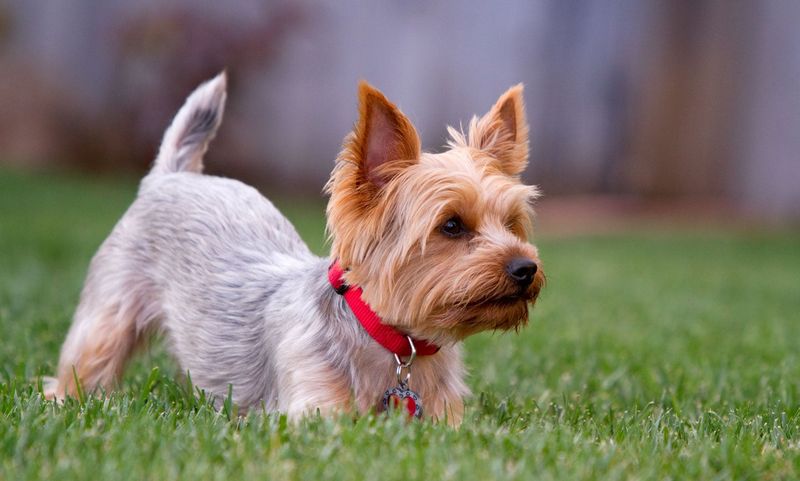
Dressed in flowing locks, the Yorkshire Terrier is a pint-sized bundle of energy. Yet, its delicate size and grooming needs aren’t suited for the wild. In the lap of luxury, it’s a spirited companion, but outside, its petite stature is a disadvantage. Predators and the elements are daunting foes for this terrier. While their boldness is admirable, survival instincts have been pampered by human care. Their strength lies in companionship, not in wild escapades.
Himalayan Cat

With eyes as blue as the sky, Himalayan cats are the epitome of grace. Yet, their luxurious coats require extensive grooming. In the wild, such demands are perilous. These felines bask in domestic bliss, seeking warmth and affection over feral freedom. Their calm demeanor suits the quiet indoors, not the chaos of nature. While beautiful, their survival instincts are overshadowed by a need for care. They thrive best in the embrace of home rather than the wild unknown.
Cockatoo
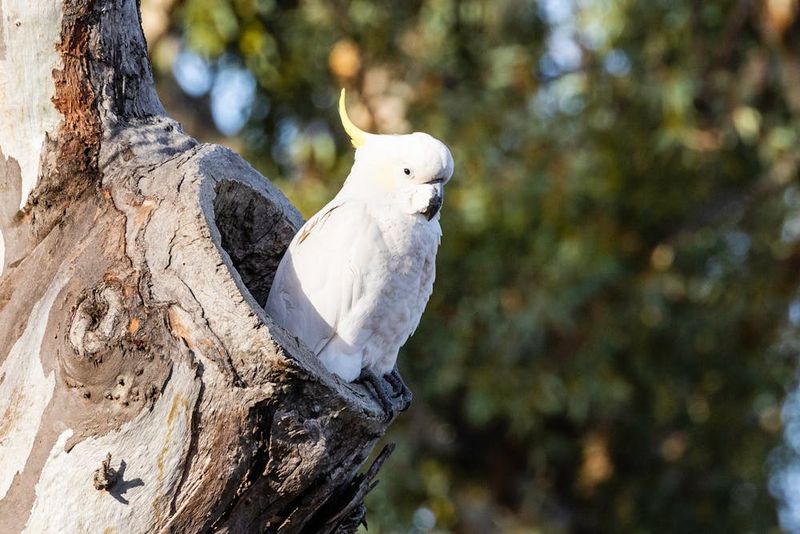
With a flair for drama, Cockatoos captivate with their vibrant plumage and expressive crests. While they follow commands and share affection, the wild’s vastness offers challenges beyond mimicry. Predators and food scarcity require more than charm. In human care, they thrive in social settings, but nature demands survival skills they’ve set aside. Despite their intelligence, the wild isn’t for Cockatoos who rely on companionship and safety more than freedom.
Guinea Pig
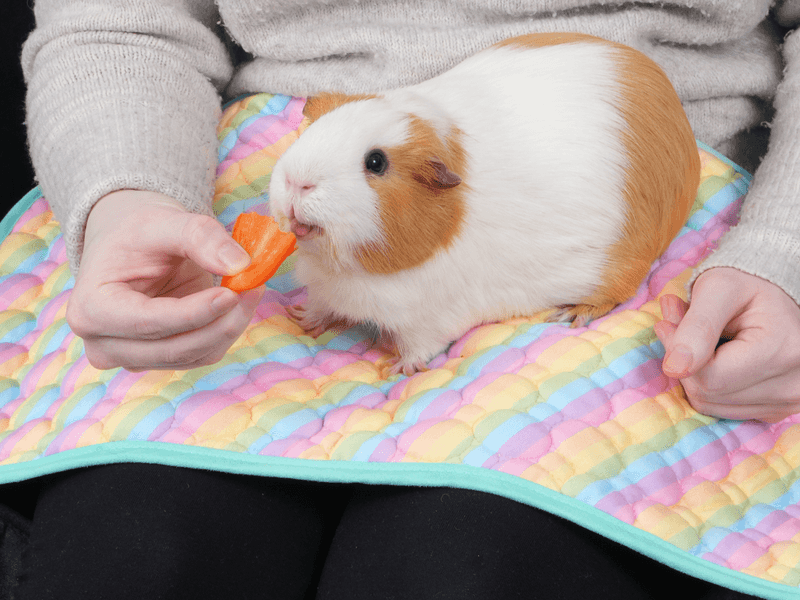
With squeaks of delight, Guinea Pigs charm with their social nature. In a protected environment, they flourish, but the wild is unforgiving. These rodents rely on humans for sustenance and shelter, lacking the instinct to fend for themselves. Their timid demeanor and need for company aren’t suited for solitary survival. While they offer companionship and joy, their strengths lie in domesticated settings. The wild requires resilience these gentle creatures have not been bred for.
Newfoundland Dog
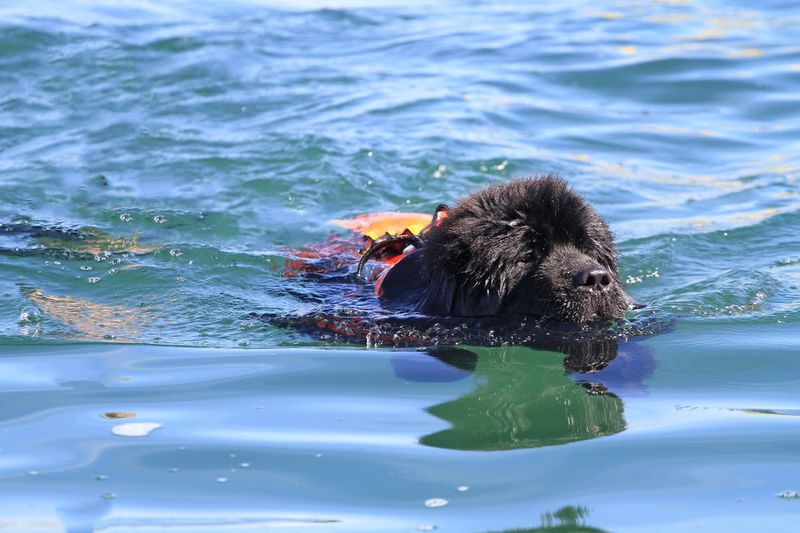
With a heart as big as its paws, the Newfoundland is every child’s gentle guardian. Its water-rescue instincts and robust build make it a candidate for survival. In chilly waters, its webbed feet and thick coat shine, reminiscent of its seafaring heritage. Though they adore human companionship, their skills suggest a wild adaptability. Their gentle nature can give way to protective instincts, proving them capable of thriving where others may not.
Sphynx Cat
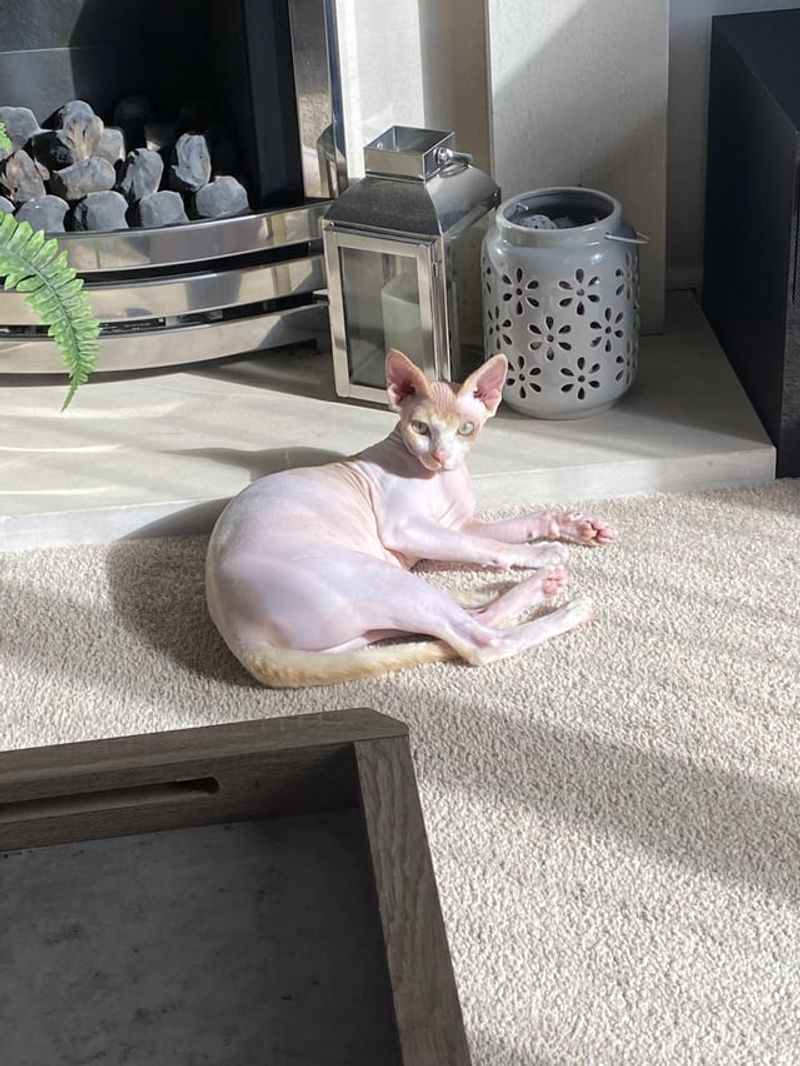
With skin as smooth as silk, the Sphynx cat stands out for its lack of fur. While affectionate and playful, this feline requires warmth from its surroundings. In the wild, exposure and predators pose threats fur could have mitigated. These cats revel in the warmth of a loving home, depending on humans for protection. Despite their active nature, survival instincts are masked by their need for comfort. Their uniqueness lies in companionship, not wild tenacity.
Golden Retriever
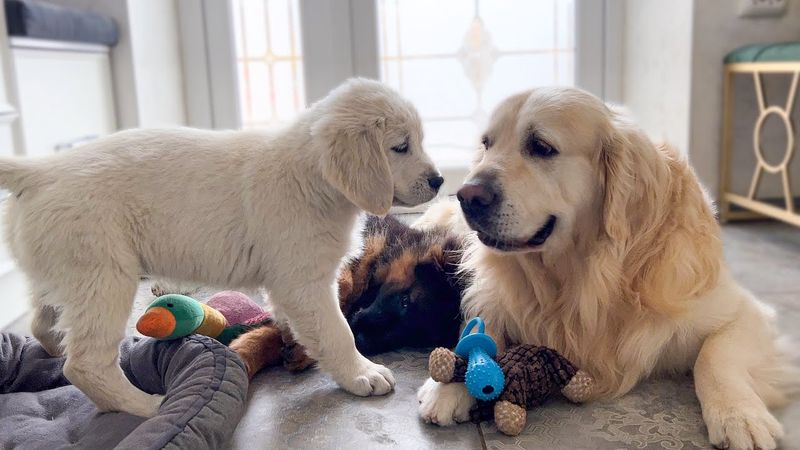
With a heart full of devotion, the Golden Retriever is a trusted family friend. Their intelligence and trainability lend them survival skills, yet their dependence on humans is strong. They thrive on companionship, often lacking the wariness needed in the wild. These dogs are about fetching balls and loving snuggles. While their adaptability is commendable, their instinct to trust can be a hindrance in nature. The Golden’s strength lies in its bond with humans, not solitary survival.
Bengal Cat
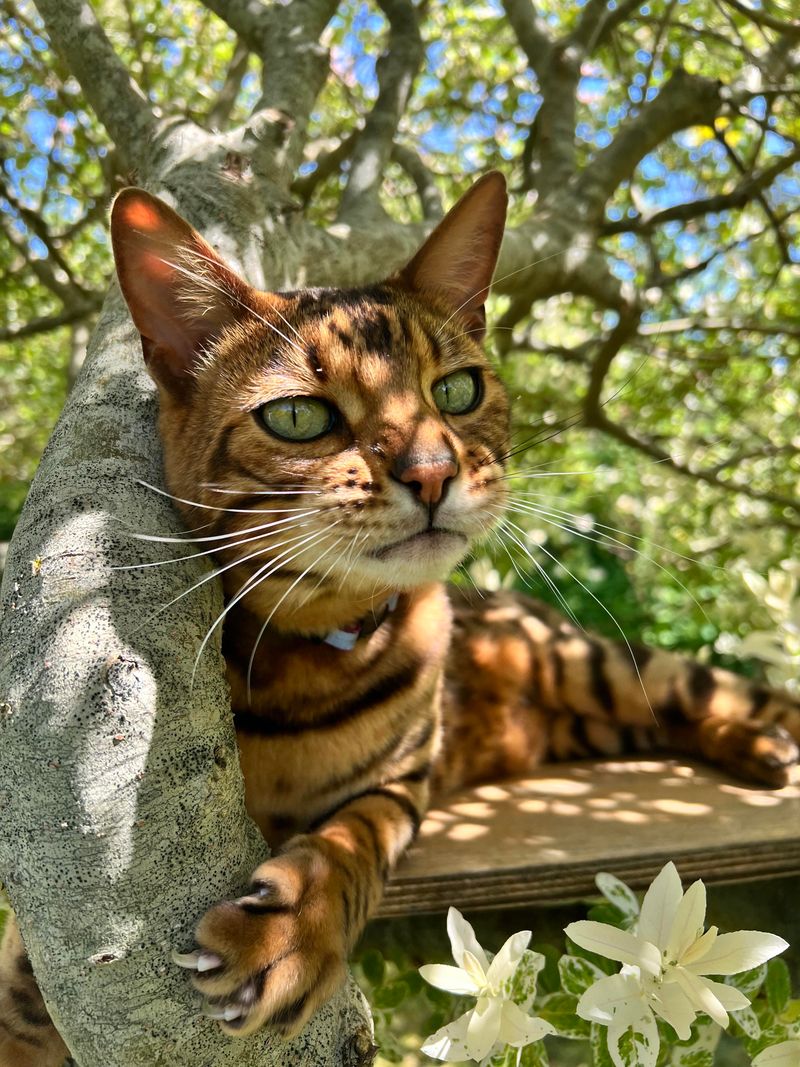
With spots that echo wild ancestry, Bengal cats seem poised for adventure. Their agility and curiosity make them candidates for thriving independently. Built for exploration, they maintain a semblance of wild instincts. In expansive spaces, they might just navigate survival better than most. Their playful spirit is matched with a hunter’s grace, suggesting a potential return to nature. While they enjoy domestic life, their demeanor hints at untamed roots.
Cavalier King Charles Spaniel

With eyes that melt hearts, the Cavalier King Charles Spaniel is a portrait of elegance. This breed’s affectionate nature and size align with human care rather than wild survival. Their enduring loyalty contrasts with the independence required outside. While they offer companionship, the wild’s demands overshadow their gentle disposition. Their love of comfort and human interaction underpins their reliance on domestication. They thrive amidst luxury, not in untamed wilderness.
Beagle
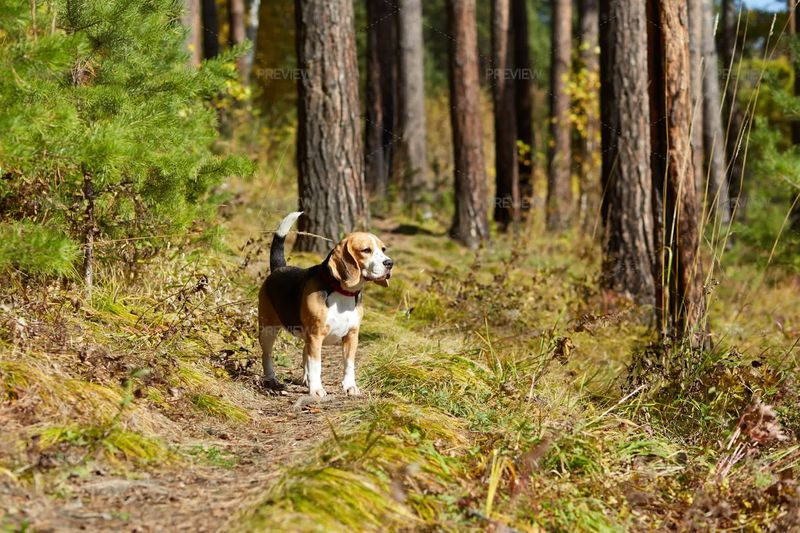
With a nose for adventure, Beagles are renowned for their tracking skills. Their inquisitive nature and hunting background suggest a capability to survive. While they relish human companionship, their instincts remain sharp. In nature, they might thrive exploring and tracking, reminiscent of their hunting roots. Despite their playful demeanor, Beagles possess a tenacity that could see them through wild challenges. Their blend of curiosity and capability hints at a survival prowess beneath their domestic charm.
Pomeranian

With a personality larger than its stature, the Pomeranian captivates with a lively spirit. Yet, its small size and thick coat aren’t designed for wild endurance. These dogs revel in attention and warmth, not the elements. In human care, they are pampered companions, lacking survival instincts. Their alertness is better suited to comfort than chaos. While their attitude is bold, their reliance on domestication is clear. The Pomeranian shines in plush surroundings, not untamed landscapes.
Labrador Retriever
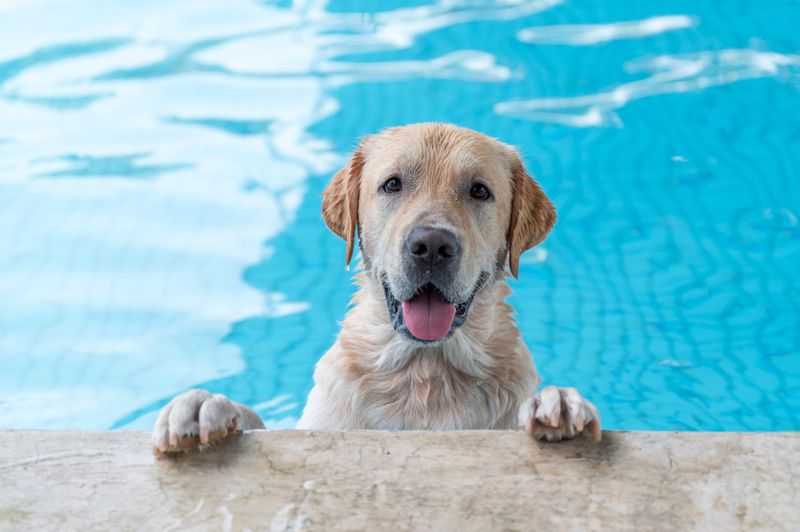
With a heart for service, the Labrador Retriever is a beloved family member. Their intelligence and adaptability hint at survival skills, yet their friendliness often prevails. While suited for companionship, their instincts for retrieval and swimming suggest wild potential. They flourish in human interaction, yet the elements could test their resolve. These dogs are about loyalty and play, not solitary survival. Their essence is in teamwork, a trait nurtured by their human bond.
Koi Fish
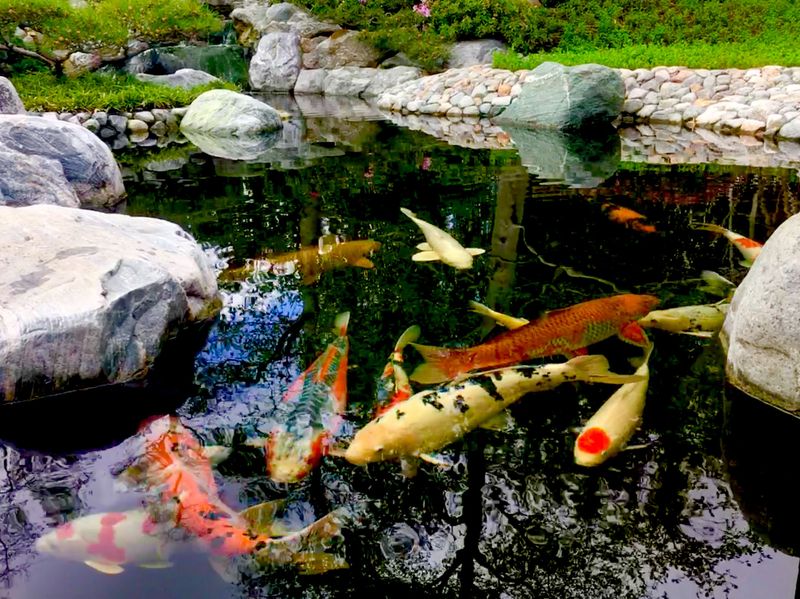
Koi fish, with their mesmerizing colors and tranquil nature, are often the centerpiece of serene garden ponds. However, this ornamental beauty is not built for the harsh realities of the wild. Their bright colors, which captivate admirers, unfortunately make them easy targets for predators.
In a natural setting, their survival instincts are dulled, making them less adept at finding food or avoiding threats. Additionally, Koi are accustomed to being fed by humans and lack the necessary skills to forage independently.
Fun fact: Koi fish can live up to 25-35 years, sometimes even longer, under human care!
Vietnamese Pot-bellied Pig
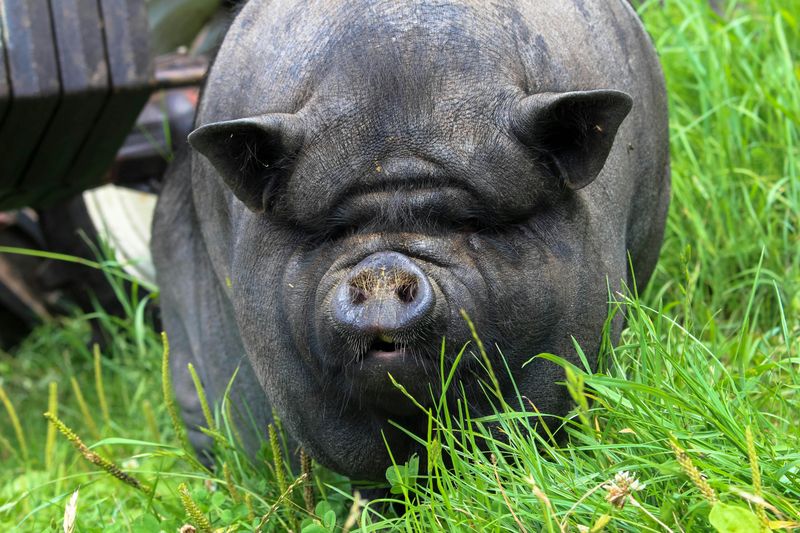
The Vietnamese Pot-bellied Pig is often seen as a charming pet due to its cleverness and unique appearance. Equipped with a good memory and a playful spirit, it can be a delightful companion. Yet in the wild, these pigs face challenges.
Their small size and distinctive pot-belly can be a disadvantage when evading predators. Though intelligent, their domestication has reduced their survival instincts.
Historically bred as pets, their environment must be well-controlled to thrive. Without human support, their chances in the wild decrease significantly. Remarkably, these pigs can remember tasks and locations quite well.

